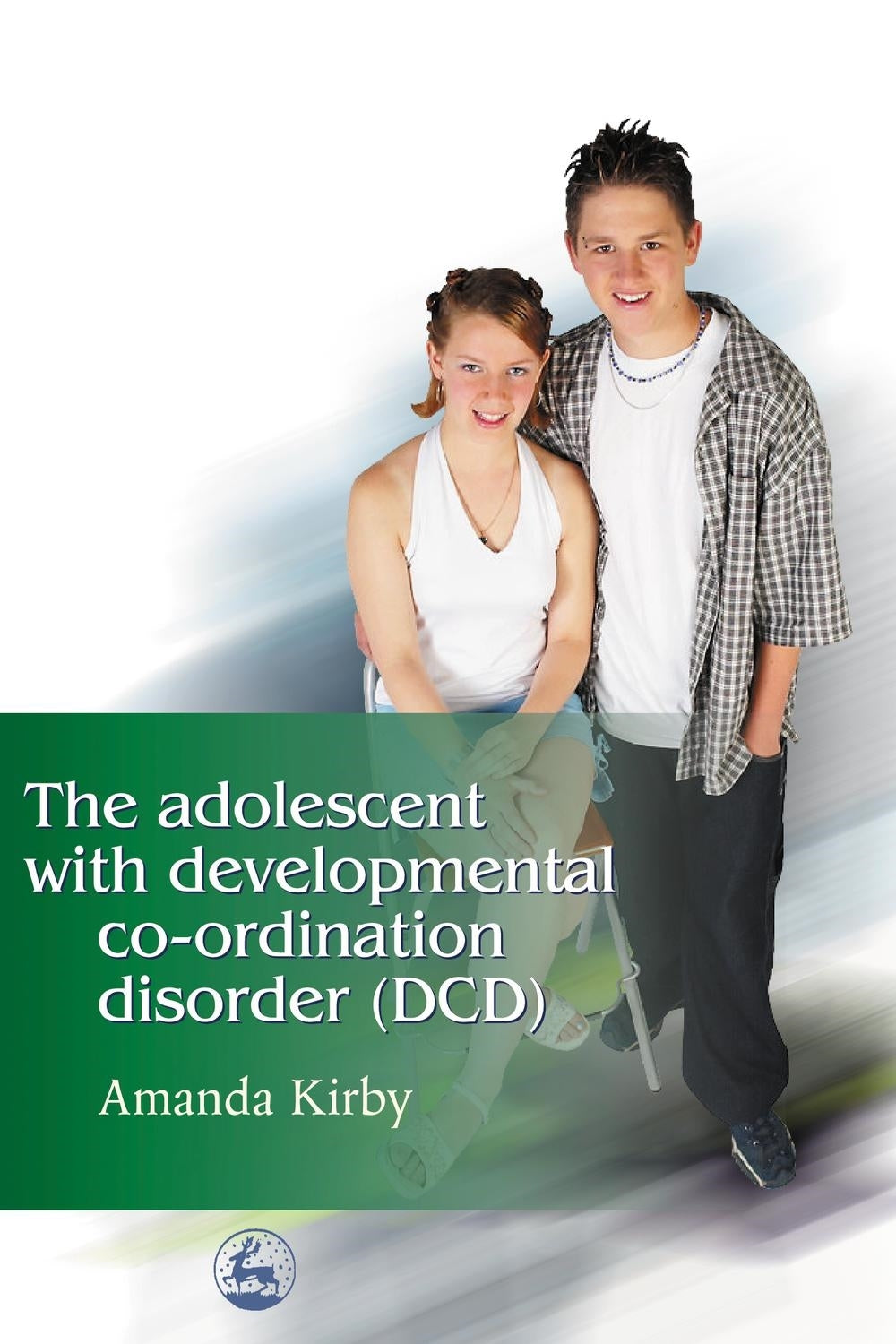
Press Reviews
National Association of Paediatric Occupational Therapists
This is a book I have been waiting for and now, having read it, I am not disappointed I feel sure that it will be appreciated not only by parents, teachers and health professionals, but most importantly by adolescents themselves. Packed full of practical advice and possible solutions, this is also an excellent resource to recommend to parents who are trying to support their child with DCD through a challenging period of their lives - adolescence and transition to adulthood - as well as a providing a guide that adolescents can refer to themselves.
Dyspraxia News
Amanda Kirby has written a very accessible book for parents and professionals dealing with adolescents with co-ordination issues. It covers a number of areas often overlooked such as social skills, puberty and living with others. Many of the practical views and experiences would translate easily for parents of children with other specific learning difficulties and it would be a valuable resource for parents and teachers alike.
British Journal of Special Education
Amanda Kirby has set out to write a book to provide ideas, advice and practical solutions for supporting adolescents with developmental co-ordination disorder (DCD) and is successful in her aim. The author's style of writing and the layout of the book make it accessible to parents, teachers, carers, professionals working with adolescents and adolescents themselves. Throughout the book the reader becomes increasingly aware of the fragile ego of the adolescent with DCD and how this affects family life, peer relationships and self-esteem. Amanda Kirby highlights the changing needs and desires of adolescents with DCD as they progress towards adulthood. Within each chapter, one or more case studies provide an insight into the difficulties experienced by some adolescents with DCD. These are both interesting and provoke an emotional response. I feel that the author has highlighted the areas of difficulty that adolescents with DCD may experience with great empathy. Furthermore, she has provided invaluable advice and numerous strategies for those involved with such adolescents and for the adolescents themselves.
Napot Journal
This is a book I have been waiting for and I feel sure that it will be appreciated not only by parents, teachers and health professionals, but, most importantly, by adolescents themselves. Amanda Kirby from the Dyscovery Centre has provided us with a well-presented and easily accessible guide to helping adolescents with DCD cope with everyday living and with times of change. It is a book which is easy to dip into when looking for specific tips and strategies but, at the same time, it provides an interesting and captivating read. The individual case studies help to highlight particular points and provide good examples of how practical strategies can be put into practice. It is apparent that the author has drawn from a wealth of experience, including her own personal experience of bringing up a son who has DCD. The book very sensitively addresses the emotional, social and psychological impact of this condition as well as the physical difficulties. Packed full of practical advice and possible solutions, this is also an excellent resource to recommend to parents who are trying to support their child with DCD through a challenging period of their lives - adolescence and transition to adulthood, as well as providing a guide that adolescents can refer to themselves.
Afasic News
This is a practical guide written by someone who knows what she's talking about. The content is education, explanation and advice on everyday matters including hygiene, family interaction, cooking, relationships, school life, homework and examinations. The advice and strategies promote independence and personal competence. Almost all the solutions are inexpensive and very realistic. The recommendations will benefit teachers, helpers, parents and adolescents. Uncluttered layout, plain English and bullet-point lists make for an easy read. You get a treasure trove of tips presented in highly accessible, timesaving, comprehensive checklists. It's the many things you might have missed, need reminding of, or just never thought of, that make this book especially valuable.
